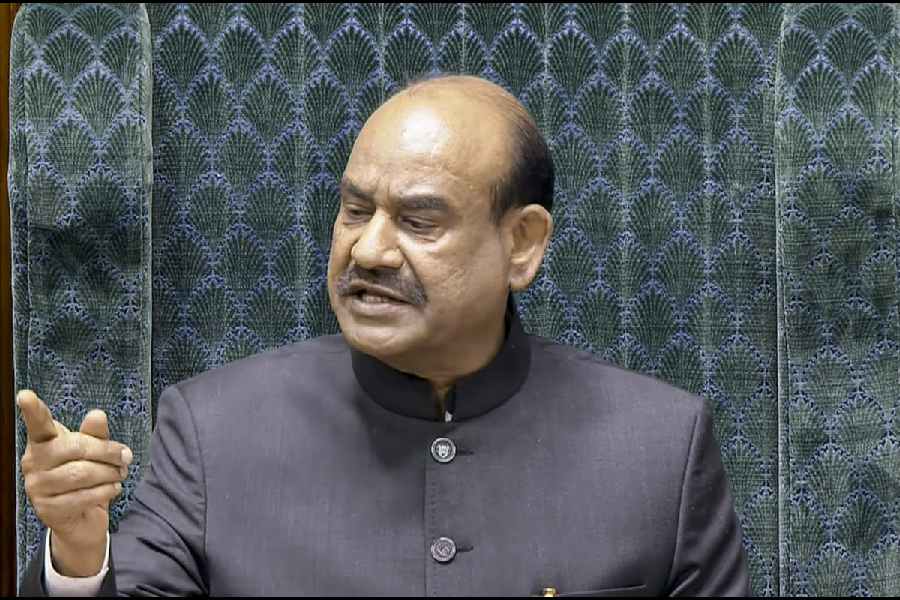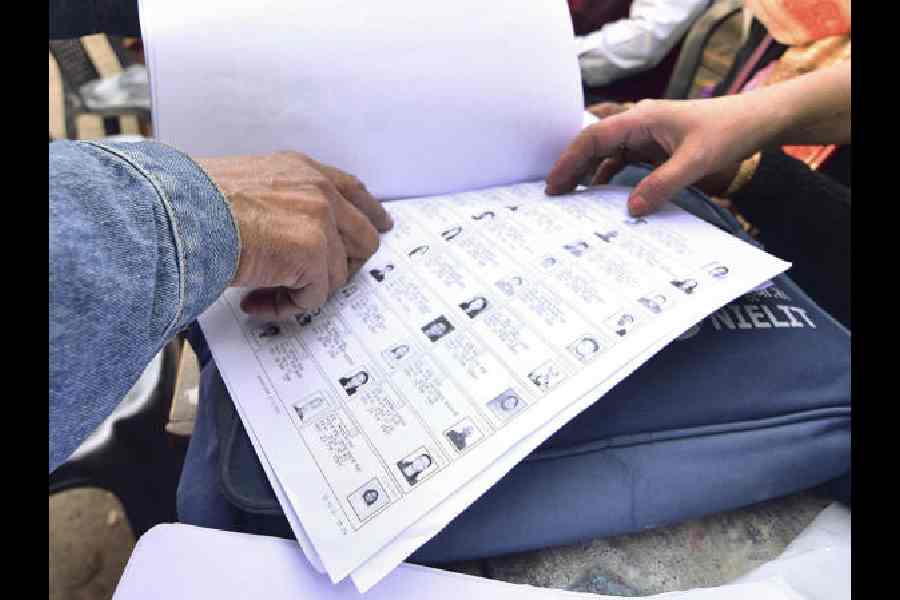Sept. 28: The regional finals of the much-acclaimed Debating Matters India 2011-12, organised by the British Council and Institute of Ideas (IoI) in the UK, will be held at Sarala Birla Gyan Jyoti School, Amingaon, on September 30.
Debating Matters is a debate competition for high school students in India.
Originally a British schools’ debate programme, pioneered by IoI and running very successfully for the past seven years there, it was well received by the Indian schools when it was launched in 2008.
The competition is open to students of Class XI and XII of Indian Schools.
The IoI is a forum for the intelligent and lively public debate on complex social issues.
Besides organising events like the Battle of Ideas and Culture Wars, it runs a debating competition — Debating Matters.
Its mission is to expand the boundaries of the public debate by organising conferences and discussions, and publish written conversations and exchanges.
Altogether 12 schools will take part in the competition, including five from the city — Kendriya Vidyalaya IOC, Noonmati, Jawahar Navodaya Vidyalaya, Kamrup, Don Bosco School, Panbazar, Sarala Birla Gyan Jyoti, Amingaon and Army Public School, Narengi.
The other participant schools were St Xavier’s School from Pakyong, Sikkim, The Assam Valley School, Paljor Namgyal Girls’ School, Kendriya Vidyalaya, Dimapur, Kendriya Vidyala, Haflong, Jawahar Navodaya Vidyalaya, Biswanath Chariali, and Army Public School, Shillong.
“Of more than 450 schools, which took part in an online elimination test from across India, 96 have qualified for the live debate at the regional finals. The regional finals will be held in eight cities across the country out of which Guwahati is one,” Samarjit Guha, head of programmes of British Council, said.
The uniqueness of Debating Matters is the role of the judges, who are high-calibre professionals from all walks of life — academics, journalists, business personalities, scientists and artists.
The judges would contribute to the content of the debates through cross-examination of the students’ initial arguments.
Besides, while being highly rigorous, the event aims to be less formal in comparison to traditional debating competitions, with a strong emphasis on good research by the students to support their arguments.
Schools were allocated their debate topics and told what side of the motion they will have to argue for, at least one month in advance of the debating event.
Guha said when the event was organised in the city last year they received an overwhelming response from the schools and students.
“The response was very good last year. So we are back again,” he said.
The British Council examiners would evaluate the answers based on the logic and precision of the arguments, rather on grammar, style, syntax or just mere facts and figures.
To maintain the sanctity of the evaluation process, the examiners would not be aware of the name of the school or team members while marking the script.











